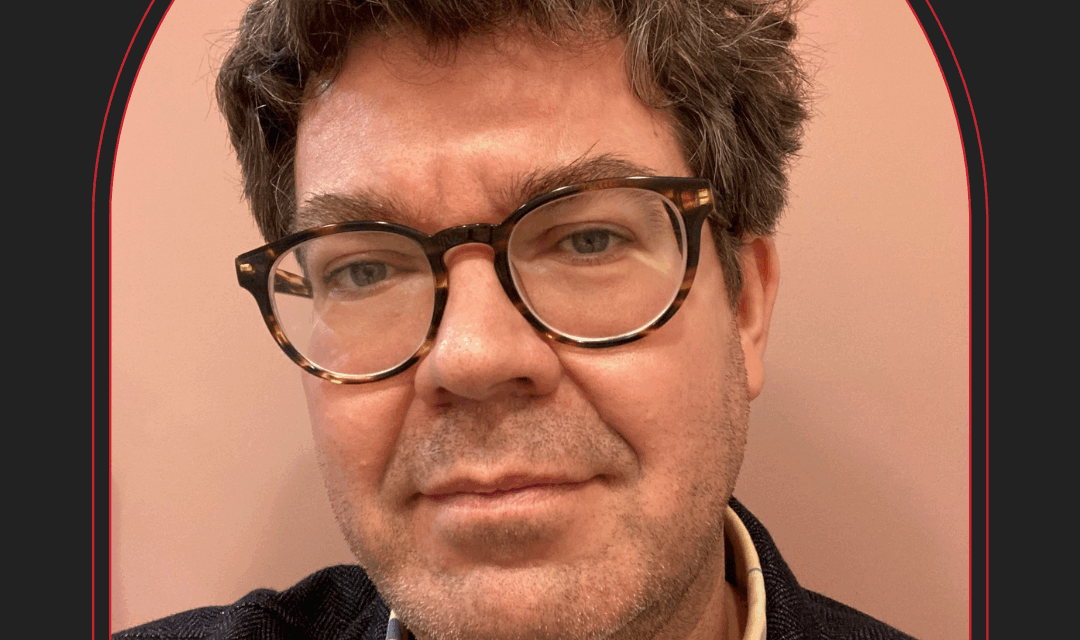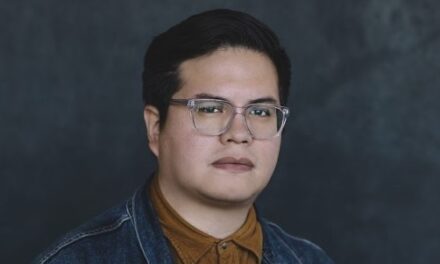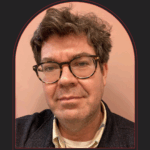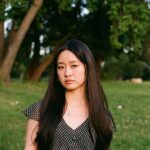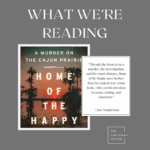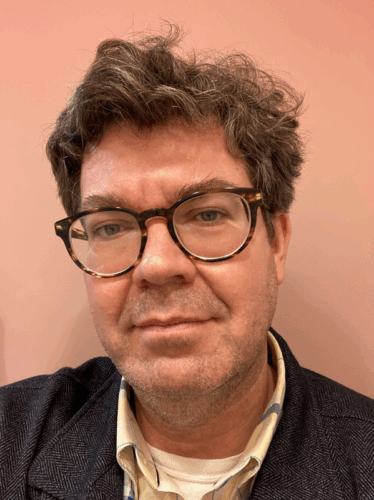
Managing Editor Lisa Ampleman: As I look back on it now, this is the second ekphrastic prose poem I’ve chosen for miCRo in a row (the other is “Fascism” by Mark Strohschein). I think it didn’t occur to me because this poem reads like a scene or narrative rather than description or thematics of the work of art. Thorburn makes an artifact embodied in the way he presents the landscape painter and her craft.
Listen to Thorburn read the poem:
The Landscape Painter
Minagawa Masu, teapot with landscape painting, first half of the twentieth century
She carried her brushes wrapped in a long gray cloth like a scarf, the jars of pigment in a green box fastened with string. At each kiln, the potters set out the blank teapots—a hundred or more—on tables, stools, wherever there was space, so that she could wind her way around the room. She did not try to make each pot unique, did not sign them. This was not that kind of art. Over one or two days, she would paint them all. A few strokes—some thick, some thin—make a distant peak, the river, jostling sails, pines, a lone fisherman far off or sometimes near. Crisp, clear—a small metal bell ringing in sunlight. Each might be the same scene. Each might be a part of the same endless landscape she will step into a hundred times before cleaning her brushes.
Matthew Thorburn is the author of six books, including String (LSU Press, 2023), a novel in poems, and The Grace of Distance (LSU Press, 2019), a finalist for the Paterson Poetry Prize. He received a 2025 Finalist Award from the New Jersey State Council on the Arts.

